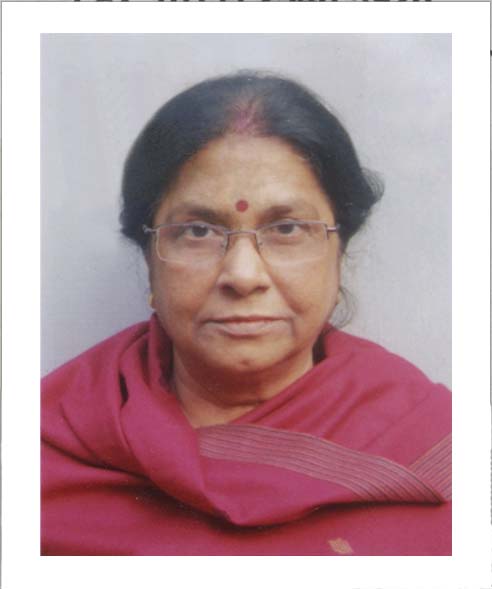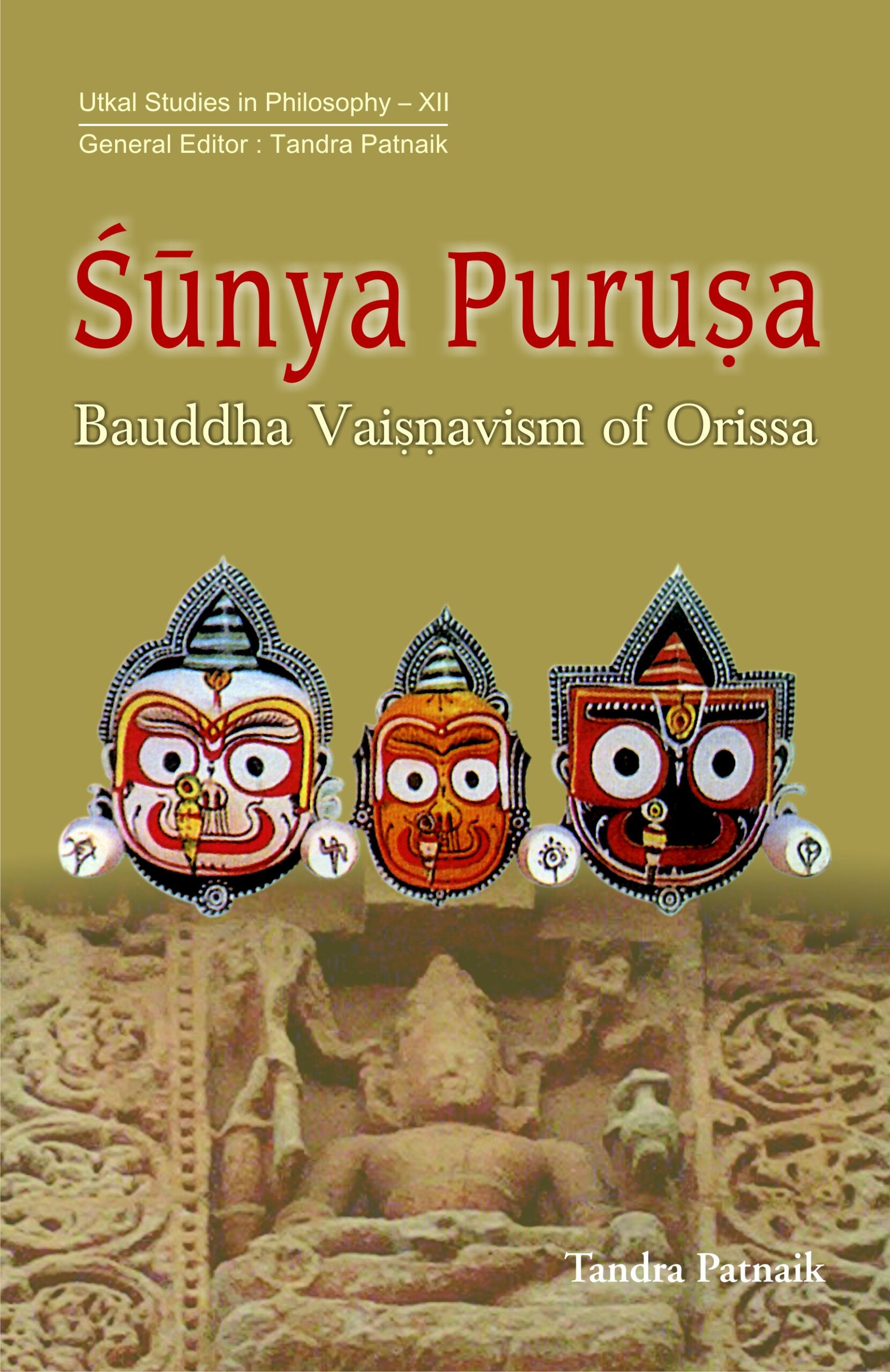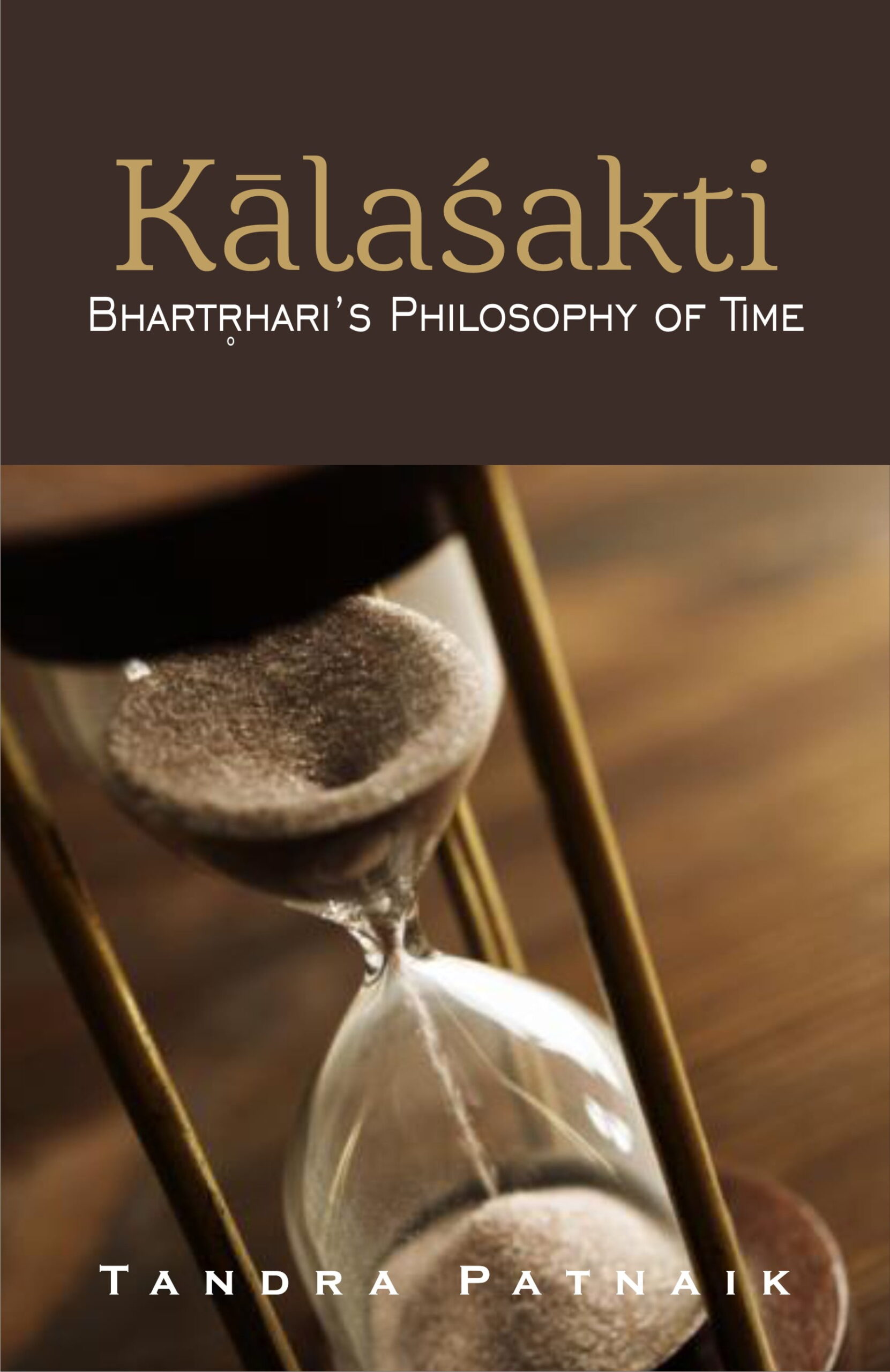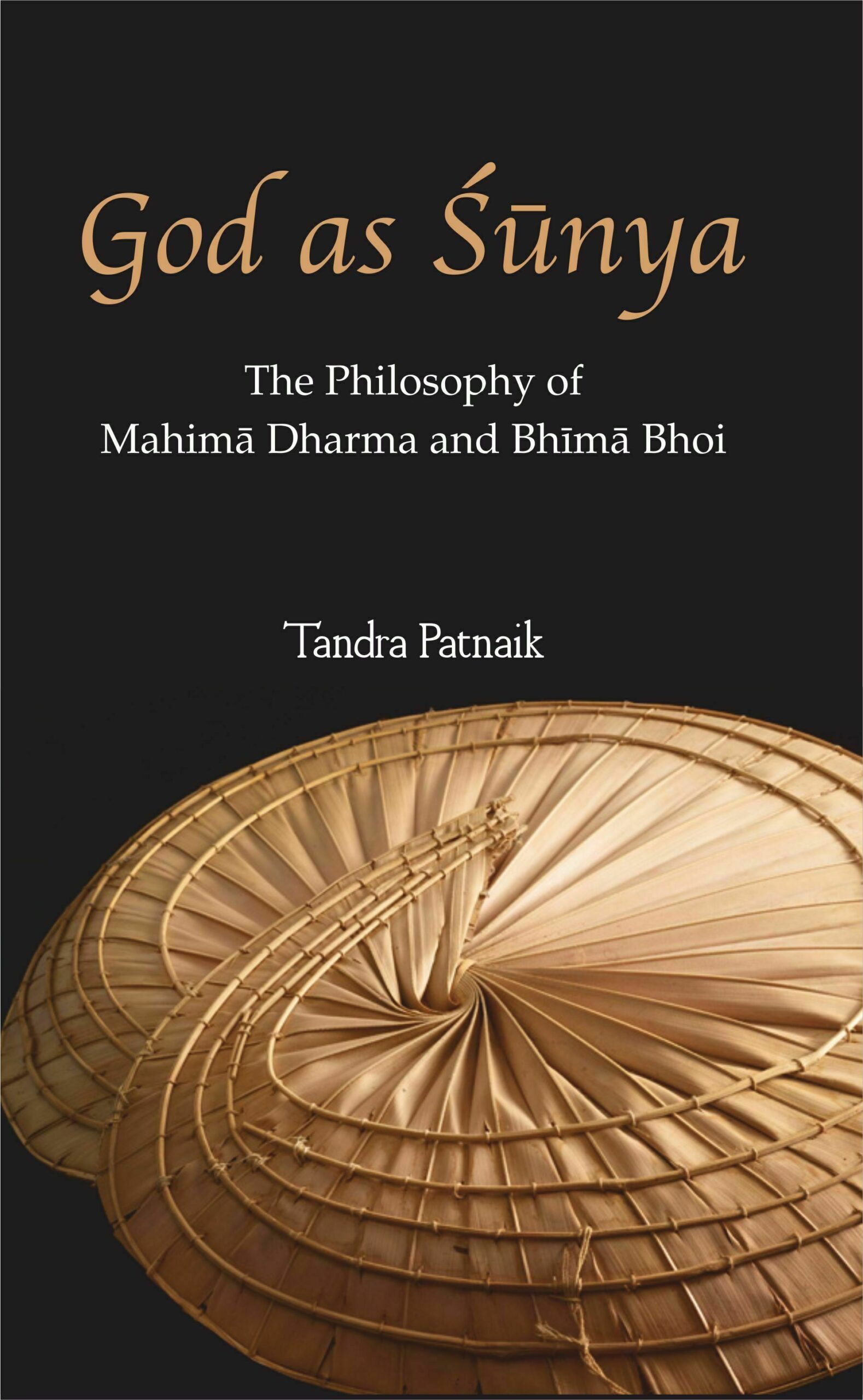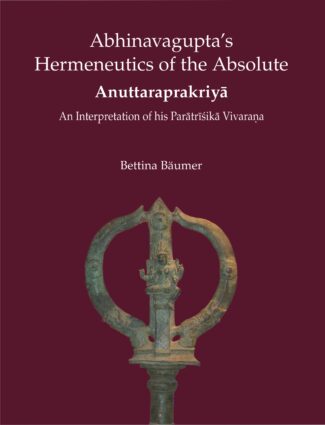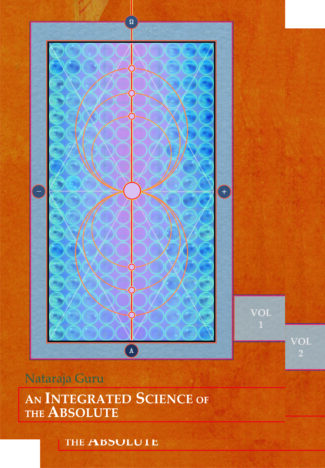-
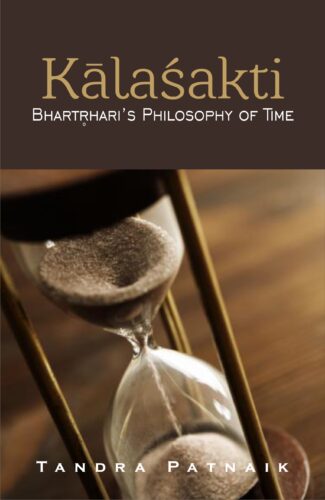

Kalashakti: Bhartrih...
Kalashakti: Bhartriharis Philosophy of Time
by: Tandra PatnaikThe volume delves into Bhartriharis conception of Time as power (Kalashakti). Time as the power (Kalashakti) serves as an important conceptual tool to maintain Bhartriharis non-dualistic position, both in the level of ontology as well as semantics. Kala serves as an important conceptual link between unity and diversity; unchanged and the changing.
₹540.00
ISBN: 9788124607589
Year Of Publication: 2014
Edition: 1st
Pages : xi, 204p.
Language : English
Binding : Hardcover
Publisher: D.K. Printworld Pvt. Ltd.
Size: 23
Weight: 450
The volume delves into Bhartriharis conception of Time as power (Kalashakti) as enunciated in the ninth section of the third Canto of his Vakyapadiya, entitled Kala Samuddesha. Prof. Patnaik tries to argue that Time as the power (Kalashakti) serves as an important conceptual tool for Bhartrihari to maintain his non-dualistic position, both in the level of ontology as well as semantics.
The book examines the Bhartriharian model of Kala as shakti in the backdrop of two other models available in the Indian philosophical tradition Time as substance (Vaisheshika and Nyaya Darshana), on the one hand, and Time as atom (kshana/svalakshanas) of the Yoga and Sautrantika Buddhism. Whether Kala is admitted as an abstract and trans-empirical principle (Kala) or just as a measurable unit of events, no philosophical tradition has been able to discard its semantic role. This is evident from our usage of tense-words. But this double-valued nature of time as a metaphysical principle and as a semantic apparatus comes out most explicitly in Bhartriharis analysis of time as a power. In his unflinching non-dualistic (advaitin) stand both in the level of metaphysics as well as semantics Kala serves as an important conceptual link between unity and diversity; unchanged and the changing. Kala also has the point of convergence between the two streams of philosophy metaphysics and semantics.
The book is rare in nature, both in content and accessability, as there is very little literature available on the topics discussed in the book. The paucity of materials in the area of thought makes it a scholars collection.
Preface
1. Introduction
Kala in Ancient Tradition: Diverse Spectrum
The Hermeneutics of Time
Bhartrihari: Time, Ontology and Language
2. The Metaphysics of the Word: Bhartrihari on Shabdadvaitavada
Shabda as Brahman
The Word and the World
Nature of the World
Shabda and Linguistic Communication
The Problem of Unity and Diversity
The Problem of Change
3. Time as Power: Bhartrihari
Kala: The Metaphysical Background
The Concept of Shakti
Kala as Shakti
The Dimensions of Kalashakti
Kala and Creation
Akhandakala and Khandakala
Kala and Avidya
4. Time as a Substance: Nyaya-Vaisheshika
Kala as a Dravya
The Ontological Angle
The Linguistic Angle
Nyaya-Vaisheshika vis-à-vis Bhartrihari
5. Time as a Mental Construct: Buddhism and Yoga
Time as Point-Instant: Buddhism
Time as Atom: Yoga
The Atomic View of Time: Two Dimensions
6. The Concept of Khandakala: The Divisible Time
Bhartrihari on Division of Time
The Nyaya-Vaisheshika on Division of Time
Yoga and Buddhist on the Division of Time
The Relative Priority of Past, Present and Future
Status of the Present
7. Time and Creation
Causality and Time
Bhartrihari: Vivarttavadin or Parinamavadin?
The Connotation of Vivartta for Bhartrihari:
Differing Interpretations
Bhartrihari and Shankara on Vivartta
Time and Causality in the Phenomenal Level
8. Kalashakti, Maya, Avidya and Shabda-Brahman
Kalashakti and Maya
Avidya, Kala and Shabda-Brahman
The Phenomenal World and Change
Bhartrihari and Advaitism: The Semantic and Ontological Perspectives
Time and Action
9. Conclusion
Kalashakti: The Semantic Facet
Kalashakti: The Ontological Facet
Bhartrihari: The Darshanika
Bibliography
Index

